
Discover how human biofield interaction and energy resonance shape our personal and group dynamics. Learn about the science behind our magnetic and energetic connections.
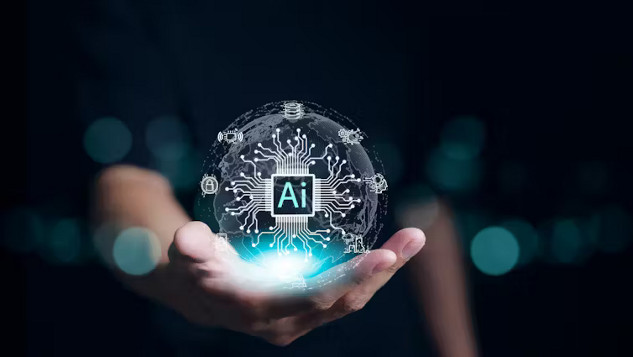
A brief history of AI: how we got here and where we are going

African elephants address one another with name-like calls − similar to humans

No, AI doesn’t mean human-made music is doomed. Here’s why

The ‘dead internet theory’ makes eerie claims about an AI-run web. The truth is more sinister

What to expect from the next generation of chatbots: OpenAI’s GPT-5 and Meta’s Llama-3.
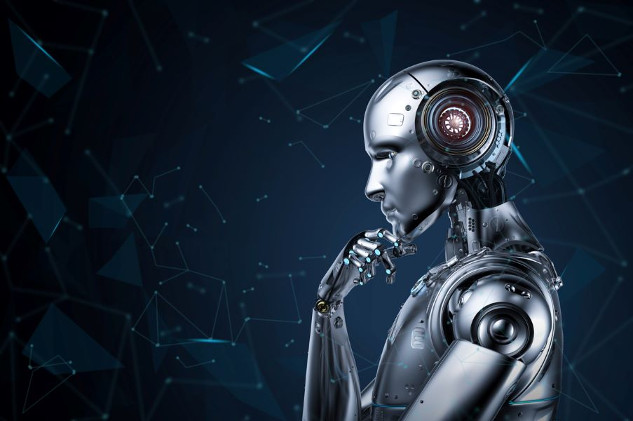
The hidden risk of letting AI decide – losing the skills to choose for ourselves...

Researchers from Lehigh University have developed a new quantum material that could significantly revolutionize the efficiency of solar panels.
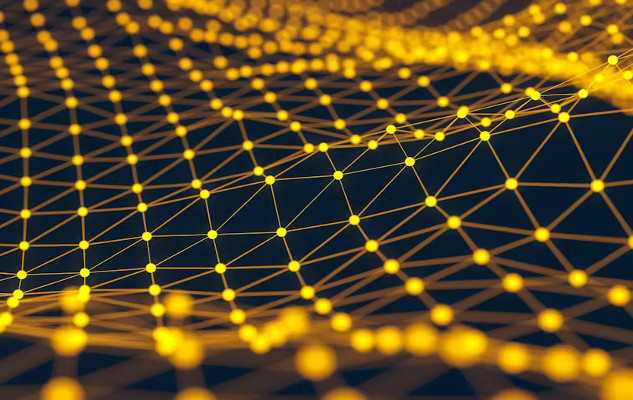
AI will soon become impossible for humans to comprehend – the story of neural networks tells us why.
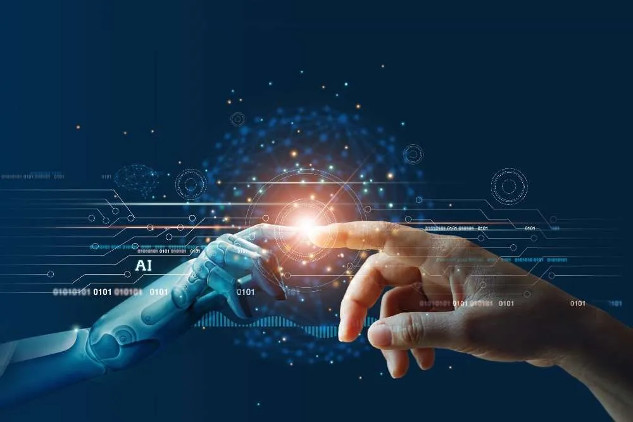
The mystery of consciousness shows there may be a limit to what science alone can achieve...
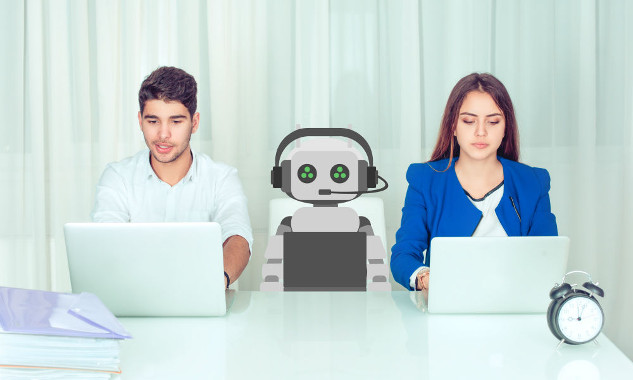
Have you ever chatted with an AI program and left wondering if it was actually a real person?
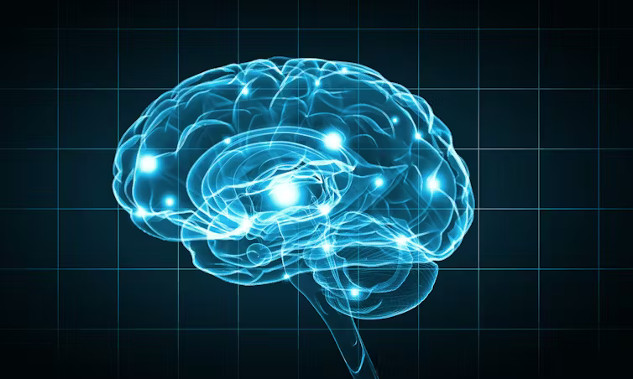
Human behaviour is an enigma that fascinates many scientists. Could quantum physics be the key that unlocks the secrets of human behaviour?

Future historians may well regard 2023 as a landmark in the advent of artificial intelligence (AI). But whether that future will prove utopian, apocalyptic or somewhere in between is anyone’s guess.

Why OpenAI developing an artificial intelligence that’s good at maths is such a big deal

Internet of Things: tech firms have become our digital landlords – but people are starting to fight back.

AI is closer than ever to passing the Turing test for ‘intelligence’. What happens when it does?
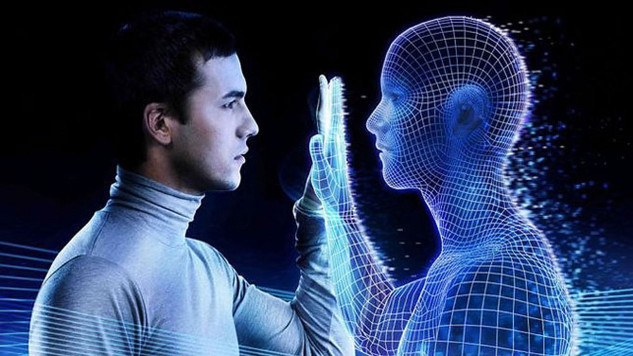
Dumbing down or wising up: how will generative AI change the way we think?

Should you charge your phone overnight? Will ‘overcharging’ make it explode? Common battery myths debunked

Spam might not have brought an end to the internet or email, as some dire predictions in the early 2000s claimed it could – but it’s still a massive pain.






















